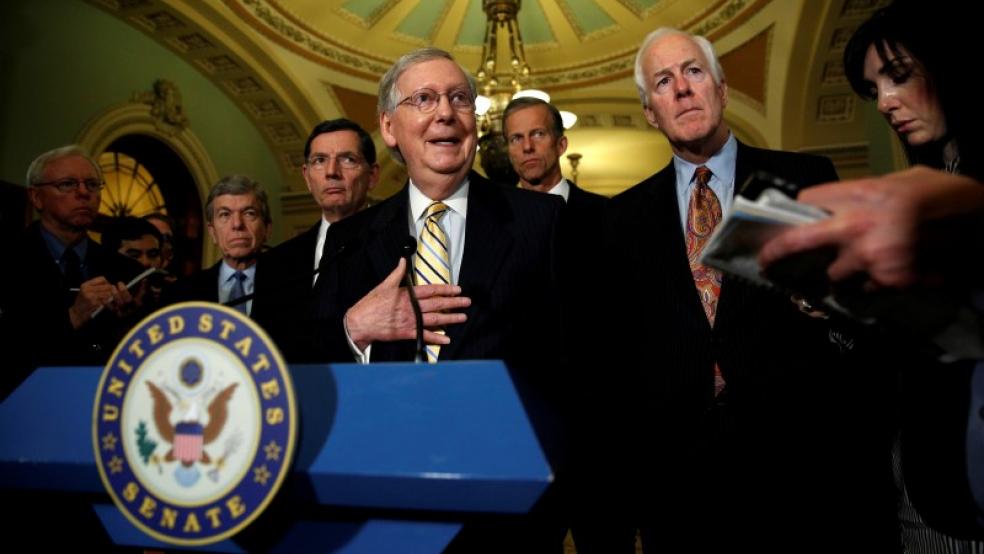WASHINGTON (Reuters) - An election-year fight over addressing the spreading Zika virus intensified in the U.S. Congress as the Senate on Thursday approved $1.1 billion in emergency money one day after the House of Representatives voted $622.1 million financed through cuts to existing programs.
The two chambers would have to reach agreement on a spending level before they can send it to President Barack Obama, who in February requested $1.9 billion. The White House has called the House measure "woefully inadequate" and has threatened to veto it.Democratic Senator Patty Murray of Washington State urged Congress to act quickly, saying, "This is a public health emergency and Congress should treat it like one." The Senate will enter negotiations with the House with a strong hand: a bipartisan 68-30 vote in favor of the emergency funds to battle Zika, a virus that has been spreading rapidly through the Americas, with more than 100 confirmed cases in the U.S. state of Florida.However, the conservative group Heritage Action is lobbying against any Zika funding bill that is not paid for with an equal amount of spending cuts.The Senate's funding was attached to an unrelated transportation and housing appropriations bill that also passed the chamber on Thursday.U.S. health officials have concluded that Zika infections in pregnant women can cause microcephaly, a birth defect marked by small head size that can lead to severe developmental problems in babies. The World Health Organization has said there is strong scientific consensus that Zika can also cause Guillain-Barre, a rare neurological syndrome that causes temporary paralysis in adults. Conservative Republican Senator Mike Lee of Utah tried unsuccessfully to kill the Senate funding, saying the Obama administration already had enough money to deal with Zika."What we should not do, however, is allow the Zika virus to be yet another excuse to run up the national debt," Lee said.But Senator Susan Collins of Maine, a moderate Republican, countered that U.S. debt problems were rooted in the rapid growth in the cost of huge programs such as Social Security and Medicare and not so-called "discretionary" spending like on Zika. (Reporting By Richard Cowan; Editing by Alistair Bell, Bernard Orr)Senate approves $1.1 billion to fight Zika virus

© Kevin Lamarque / Reuters



